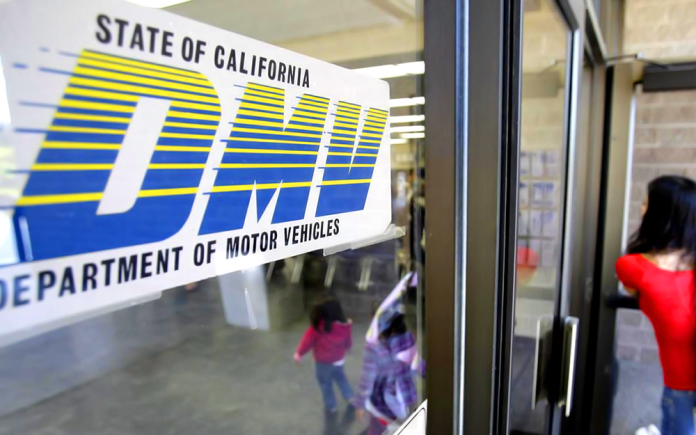
There are two different entities that are triggered when you get a DUI. The Court is only one of them. The other entity is DMV, which is an administrative agency, and they do not follow the Rules of Evidence as a Court would or should. The DMV Hearing Officer, who does not have any legal training, is both the presiding judge and the prosecutor. Thus he rules on his own objections.
The hearing is conducted like a miniature trial, but without the jury and with somewhat different rules of evidence. The legal defenses tend to be more “technical” than in court, with procedure and bureaucratic errors often the grounds for a “set-aside” of the suspension. Testimony can be produced by both sides, although the hearing officer usually only produces documents, such as police reports, lab reports and the officers sworn affidavit.
Because there is no 5th Amendment right at the hearing, we always choose not to have our client available at the hearing. This is because the client could be called by the hearing officer as a witness, and what is said can be used by the DA in court. Neither a plea to a reduced offense, nor a dismissal of criminal charges, is a defense to an APS suspension. The only court proceedings that will have any impact on the DMV is an Acquittal or finding of Innocence on the .08% charge. Similarly, a “set aside” in the DMV hearing has no effect on the criminal proceeding.
Thus, the overwhelming majority of DMV cases are won by the DMV. The outcome of the Court proceedings does not necessarily affect the outcome of the DMV Hearing. The DMV hearing is an administrative per se hearing where you are “per se” guilty until you prove otherwise.
This Ad Per Se hearing, is based on the implied consent law, which says any person driving in California is “presumed” to impliedly consent to a chemical test if they are suspected of Drunk Driving. It would thus seem there is a DUI exception to the Constitution. Initially there appears to be a lack of “Due Process” and the absence of a “Presumption of Innocence”. This arguably also appears to constitute “double jeopardy” in that the driver is charged with a criminal offense and punished in court and then is accused in a separate processing (DMV) and punished again with a license suspension.
The courts have used the logic, that the Court is criminal, and the DMV is administrative. In other words they argue that the license suspension is simply an “administrative sanction and not a punishment.
For a DMV hearing, the DMV Hearing Officer can technically proceed with just the one (1) page DS 367 Report. They do not have to provide us with a complete police report.
After the DMV hearing, the hearing officer will take the matter under submission and send you a letter, at your drivers license address, notifying you of their decision. Be sure DMV has your correct address. Your license is good UNTIL you receive NOTICE from DMV, either after the court proceeding or DMV hearing, that they have suspended your license.
They do not give us their decision over the phone. In my opinion, the hearing officers do not have the nerve to tell us over the phone that you have lost and the reason for their Ruling. They often send out what looks like a form letter by the time we have completed the DMV hearing advising the driver that they lost the hearing.
Quite honestly, this is the same thing I was trained to do when I sat as a Judge Pro-Tem for traffic matters. It is easier to say you are taking it under submission and will notify the defendant of the verdict via mail. That avoids a conflict in the courtroom. Once again, something like 98% of DMV hearings are lost by California Drivers…and that includes cases with good defenses.











































